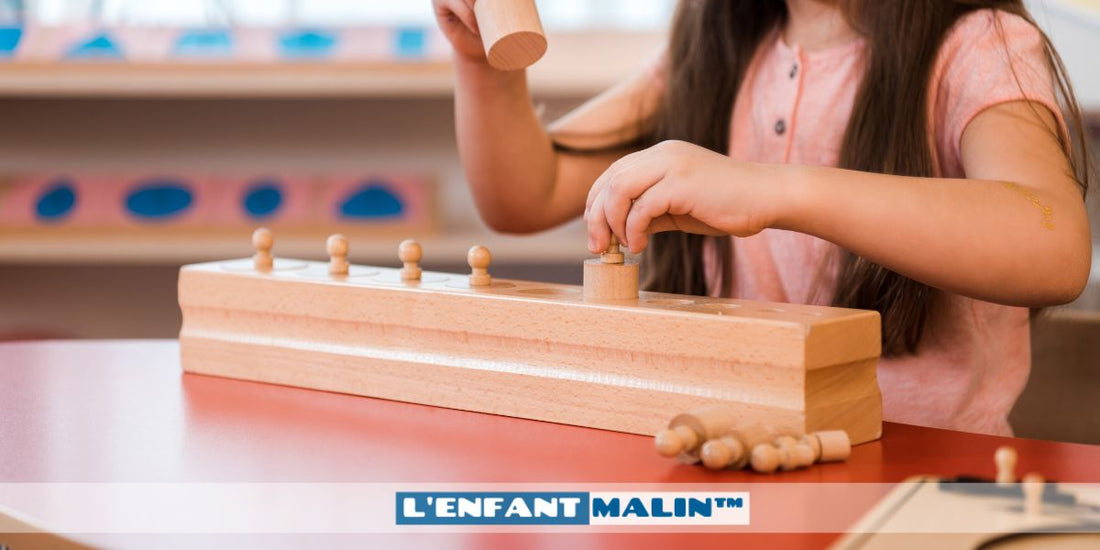Educational games for children: learning while having fun
Children are just children, you have to keep that in mind. In other words, if you want to instill something in their minds, you have to do it in their language, that is to say games. Learning while having fun has many benefits.
Educational games help keep the child’s attention
You should know that depending on the age of the child, their capacity to concentrate is limited. So, you can't keep a 3 year old focused for more than 15 minutes. Of course, there are exceptions to the rule. When the little one plays and the game interests him, it can keep him captivated for longer.
Learning through games is therefore particularly effective for a child, whatever their age. Even for an adult, learning while having fun makes it easier to assimilate the learning subject. Furthermore, there are many varieties of games depending on your objectives.

(Credit: lenfantmalin.com - educational games)
Choose games based on the child’s age
If educational games are very interesting and effective for learning, you should know that it is very important to choose the ideal game or toy. This starts by taking into account the age of the child. For example, your child is a few months to 3 years old, so you need “sensory-motor” games. This means that you should opt for toys that engage your little one’s senses.
If your child is aged 3 to 5 years, then you should turn to games that develop the imagination. In other words, games and toys that help children create stories in order to better understand the world around them. It is only from 5 years and above that you should offer him games that introduce a sense of society.
Educational games to develop feelings and executive functions
There are also games that allow you to learn to know yourself better. Games that help develop feelings like empathy, self-confidence and all other psychological abilities beneficial for the good development of your child.
Games can also develop executive functions in toddlers. In fact, just choose those that help with memory development, planning, organization and concentration. You should know that these so-called executive functions are of capital importance in helping the child carry out school tasks and his or her development in society.
Educational games to develop fine motor skills
Of course, these types of games also play an important role in the development of fine motor skills for children. To do this, you can turn to construction games, collage games or card manipulation games. These games help develop the dexterity and functionality of the different limbs of young children.
It is therefore important to remember that it is essential to choose educational games that correspond to the age and interests of your child. You can also make a choice based on your goals. In any case, you have several game options depending on the abilities you want to develop in your little one.

(Credit: lenfantmalin.com - Magnetic construction game)
Some examples of educational games for children
You have the choice between very many educational games. However, you need to choose based on your child’s age and interests. Of course, you also need to make a choice based on the subject you want to teach your child. Indeed, there are games for letters and alphabets, games for learning a language, educational games for developing fine motor skills, etc. Here are some previews:
- Puzzles which consist of putting words or images together,
- Board games which help develop the child’s social performance,
- Construction games for the development of fine motor skills,
- Quiz games for neuron stimulation, and these are just a few examples!
When we talk about educational games it is impossible not to talk about the Montessori method, to discover here: Montessori Wooden Games: Learn and have fun at the same time !
